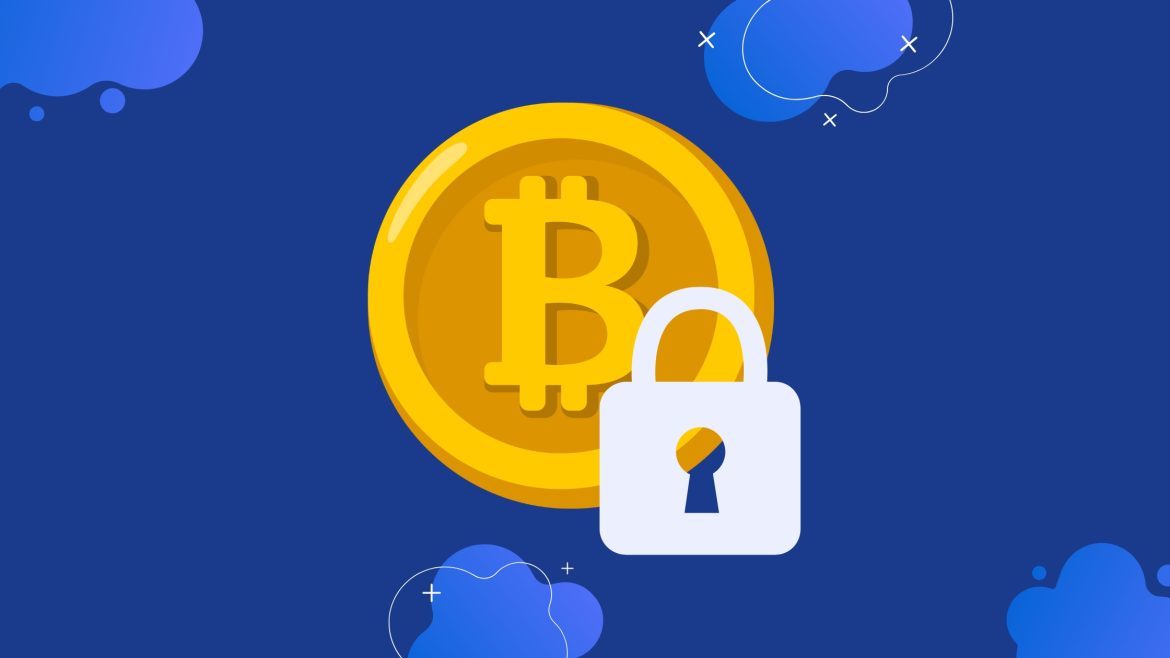Bitcoin, the pioneering cryptocurrency, has gained widespread adoption and investment interest over the years. As more individuals and businesses venture into the world of Bitcoin, ensuring the security of Bitcoin wallets and transactions becomes paramount. In this article, we will explore the best security practices to safeguard your Bitcoin holdings and transactions effectively.
Securing Your Bitcoin Wallet
1. Choose the Right Wallet Type
Selecting the appropriate Bitcoin wallet is the first step in securing your holdings. There are various wallet types available, including hardware wallets, software wallets, and mobile wallets. Hardware wallets, like Ledger and Trezor, offer a higher level of security, as they store your private keys offline.
2. Use Strong Passwords and Multi-Factor Authentication
When setting up your wallet, create a strong, unique password that is difficult to guess. Additionally, enable multi-factor authentication (MFA) whenever possible. MFA adds an extra layer of security by requiring you to provide a second piece of information, such as a one-time code from an authenticator app, in addition to your password.
3. Keep Software Up to Date
If you opt for a software wallet, ensure that both the wallet software and your operating system are up to date with the latest security patches. Vulnerabilities in outdated software can be exploited by attackers.
4. Safeguard Your Private Keys
Your private keys are the keys to your Bitcoin kingdom. Never share them with anyone and store them securely. Consider using a hardware wallet or a secure offline storage method, like a paper wallet, to protect your private keys from online threats.
5. Beware of Phishing Attacks
Be cautious when clicking on links or downloading files related to your Bitcoin wallet. Phishing attacks often involve fake websites or emails designed to steal your private information. Double-check the legitimacy of websites and emails before taking any action.
Secure Bitcoin Transactions
1. Verify Recipient Addresses
Before sending Bitcoin, always double-check the recipient’s wallet address. Bitcoin transactions are irreversible, and sending funds to the wrong address can result in permanent loss.
2. Use Transaction Fees Wisely
Bitcoin transactions may require fees to be processed quickly. Ensure you are using an appropriate fee to avoid delays. Fee calculators are available to help you determine the optimal fee for your transaction.
3. Implement Hierarchical Deterministic (HD) Wallets
HD wallets generate a new receiving address for each transaction, enhancing privacy and security. This prevents anyone from tracking your transactions by analyzing a single address.
Additional Security Considerations
1. Backup Your Wallet
Regularly back up your wallet data, especially if it’s a software or mobile wallet. In case of device loss or failure, having a backup ensures you can recover your funds.
2. Educate Yourself
Stay informed about the latest security threats and best practices in the cryptocurrency space. The more you know, the better you can protect your Bitcoin assets.
3. Use Reputable Services
When using third-party services, such as cryptocurrency exchanges or wallet providers, choose reputable and well-established platforms with a track record of security.
4. Consider Cold Storage
For long-term storage of significant amounts of Bitcoin, consider cold storage solutions like hardware wallets or offline paper wallets. These keep your private keys completely offline, minimizing the risk of online attacks.
Conclusion
Securing your Bitcoin wallets and transactions is vital to protect your assets from theft and unauthorized access. By following these security measures, you can significantly reduce the risks associated with owning and using Bitcoin. Remember that the cryptocurrency landscape is continually evolving, so staying vigilant and adapting to new security practices is essential in safeguarding your Bitcoin holdings.
